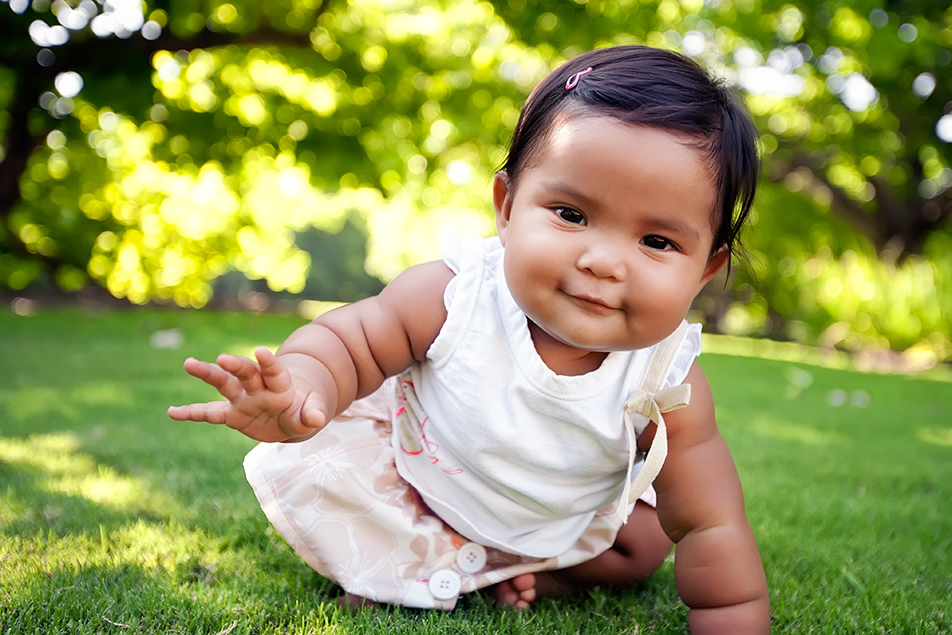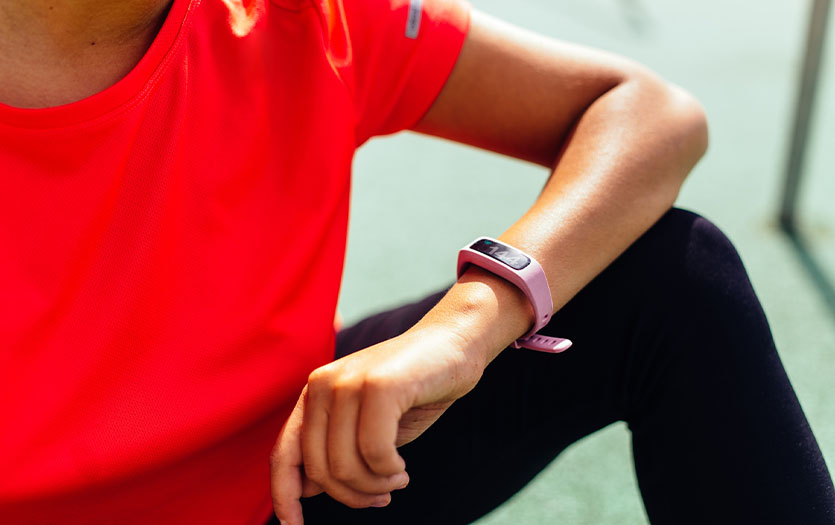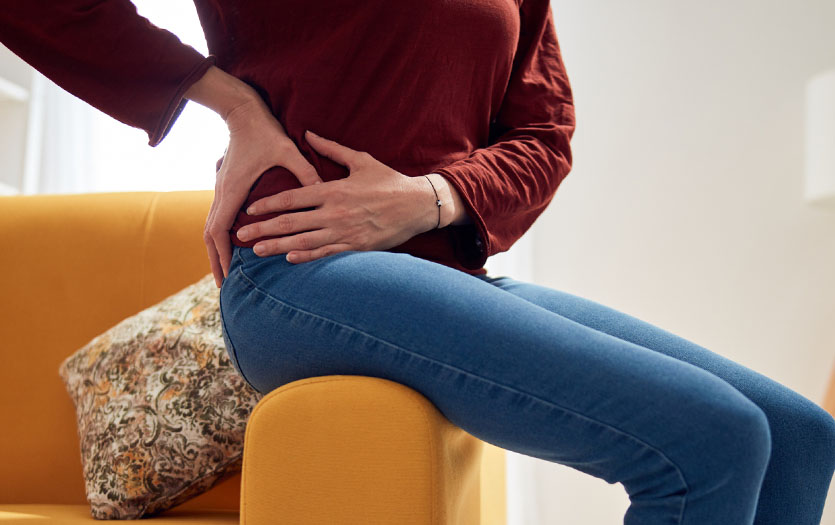
Summer brings warm, muggy days, outdoor gatherings and lots of time in the sun. As a result, the season also poses a risk for heat-related illnesses and injury, particularly for newborns and infants. For more on the subject, we asked Greshma George, MD, PPG – Pediatrics, to share some simple precautions and sun safety tips that will help protect your little ones and keep them cool during these hot months.
When is it too hot for a baby to be outside?
Temperatures above 90 degrees are considered unsafe. Humidity also comes into play, as evaporation is one of the principal heat loss mechanisms in a hot environment. This becomes problematic when humidity rises above 60% because it gets more challenging for the body to sweat, which helps maintain proper body temperature and keeps us cool. Being outside can also be dangerous in lower temperatures and humidity, especially if a baby is exposed to direct sunshine for long periods. These guidelines apply to babies in strollers, too.
How can a caregiver tell if their baby is too hot?
Parents can tell if their baby is getting too warm by keeping an eye out for the following signs:
- Fussiness
- Excessive crying
- Flushed face
- Redness of skin
If unsure, you could also check the nape of your child’s neck. If it’s sweaty, that usually indicates they are warmer than they should be. More severe signs of overheating can also include vomiting, fast breathing, lethargy or unresponsiveness.
What can parents do to keep their children cool this summer?
Caregivers must be conscientious of the amount of sun and heat exposure their infants get during those warm summer months. Try a few of these strategies to help keep your baby cool and combat the heat.
- Appropriate clothing: Dress your children in absorbent, loose-fitting, light-colored clothes when out and about in hot weather. You may even want your child to wear a wide-brimmed sunhat to protect their head and neck from the sun.
- Adequate hydration: This can vary depending on the child’s age. Babies less than six months of age might need to be breastfed or given formula more often than usual to stay hydrated. Older children must consume water more frequently during hot weather, even beyond their regular meal times.
- Sun exposure: Never expose a baby less than six months old to direct sunlight as they have decreased amounts of sun-protective melanin in their skin. Older babies should also avoid direct sunlight as much as possible between 11 am and 3 pm. This is typically the hottest part of the day. Instead, try staying in the shade as much as possible.
- Apply sunscreen: Using sunblock is recommended for babies greater than six months of age. When choosing a sunscreen, ensure it has both UVA and UVB coverage and an SPF of at least 30. There are various options available, including those for sensitive skin.
- Stroller safety: It’s best to avoid being outside in strollers once temperatures reach 90 degrees. If you are out and about, use the canopy that comes with the stroller, but never cover it with a blanket. It can trap heat and high temperature inside, making it unsafe for your baby. Also, try carrying wet towels with you to wipe your baby down as they get warmer. A stroller fan can also help circulate air. However, if the temperature rises above 90 degrees, it won’t prevent heat-related illness. Finally, be sure to secure the stroller fan safely, so it doesn’t fall or blow air directly into your baby’s face. You’ll also want to make sure it’s placed out of reach, so they don’t injure themselves by putting their fingers near the fan blades.
Final thoughts
With high temperatures this summer, be sure to take the proper precautions and follow the aforementioned safety tips as you venture out. If your baby shows signs of overheating, take them inside to a cool space immediately and work to rehydrate them with milk or formula. If your child still seems overly warm or shows more severe symptoms, they may need to be seen by a medical professional. If you have questions or need more guidance, please call your pediatrician or primary care provider.



